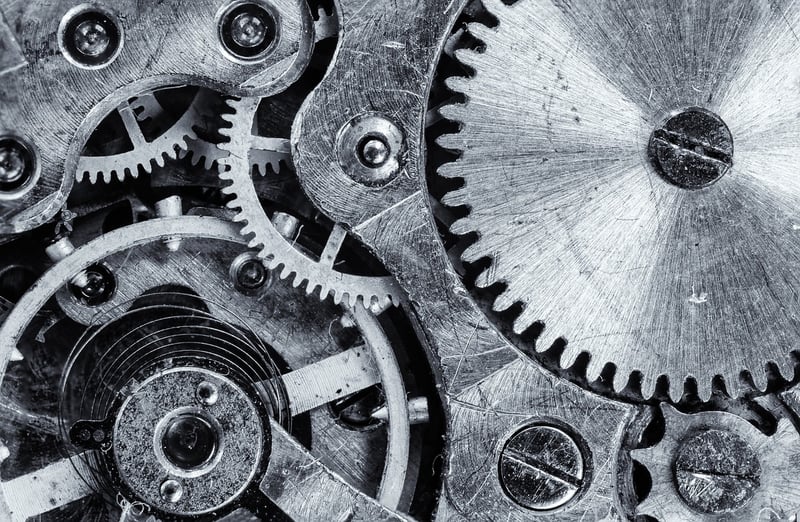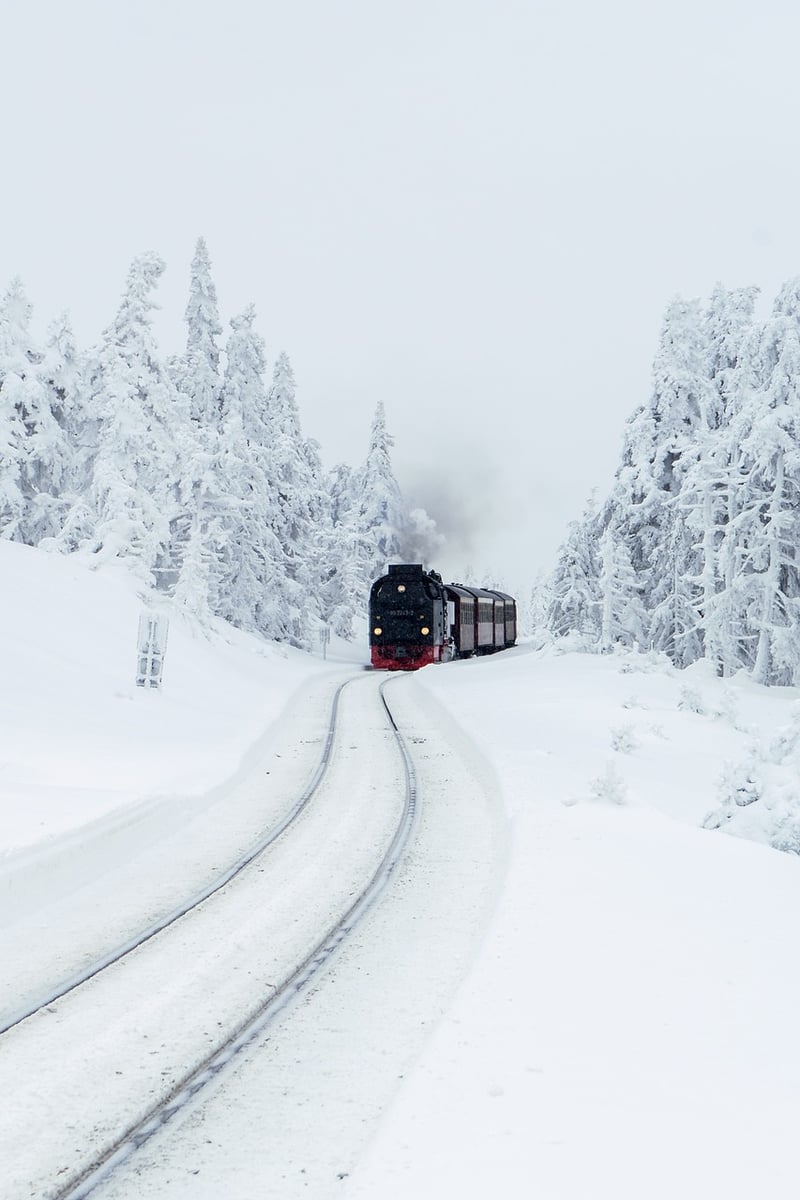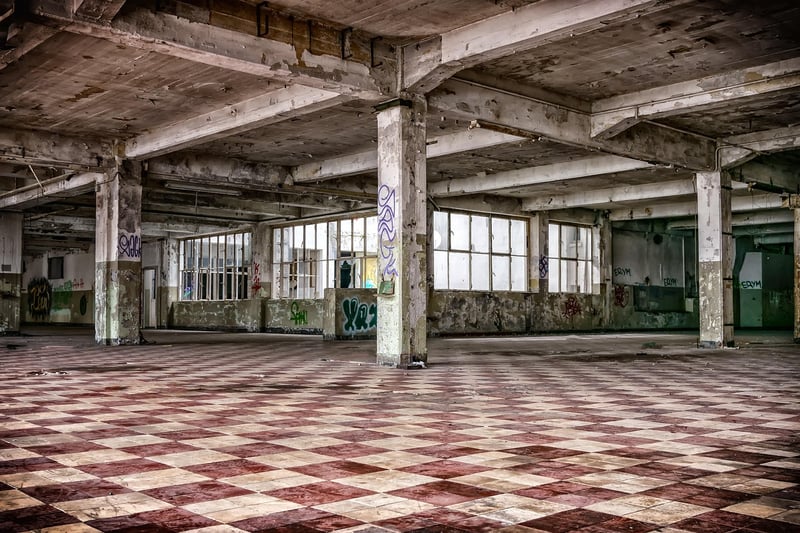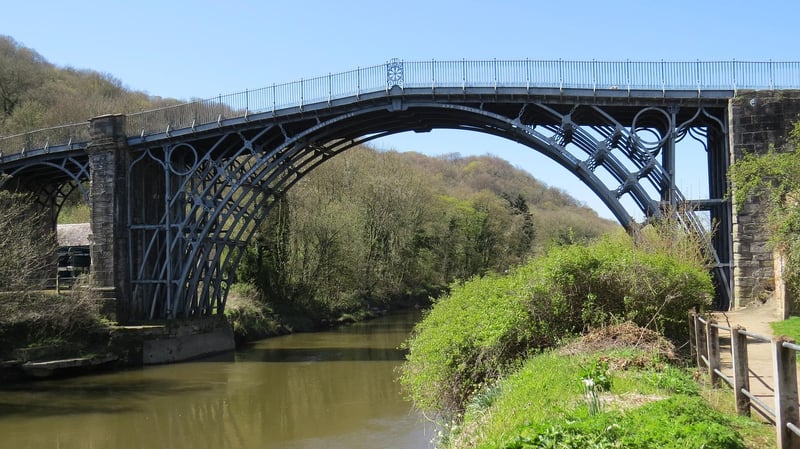Industrial Revolution
Key Pivotal Moments During the Industrial Revolution
The Industrial Revolution was a period of significant technological, economic, and social change that began in the late 18th century and transformed the world. Let's explore some of the key pivotal moments that shaped this era of industrialization.
1. Invention of the Spinning Jenny
The Spinning Jenny, invented by James Hargreaves in 1764, revolutionized the textile industry by allowing a single worker to spin multiple spindles of yarn simultaneously. This increased productivity and laid the foundation for the factory system.

2. Steam Engine Development
One of the most transformative inventions of the Industrial Revolution was the steam engine. James Watt's improvements to the steam engine in the late 18th century powered machinery, locomotives, and ships, leading to unprecedented industrial growth and transportation advancements.

3. Construction of the First Modern Factory
In 1769, Richard Arkwright built the first modern factory in Cromford, England. This factory utilized water power to run machinery and marked the beginning of large-scale manufacturing facilities, shifting production from small workshops to centralized locations.

4. The Impact of the Cotton Gin
Eli Whitney's invention of the cotton gin in 1793 revolutionized cotton production by automating the separation of cotton fibers from seeds. This innovation significantly increased the efficiency of cotton processing and fueled the expansion of cotton plantations in the Southern United States.

5. Railways Revolutionize Transportation
The development of railways in the early 19th century revolutionized transportation by providing faster, more efficient movement of goods and people. Railways facilitated trade, connected distant regions, and spurred economic growth by enabling mass transportation on a scale previously unimaginable.

These pivotal moments represent just a glimpse of the transformative impact of the Industrial Revolution. From technological innovations to changes in manufacturing processes and transportation systems, this period reshaped societies and laid the groundwork for the modern world we live in today.
